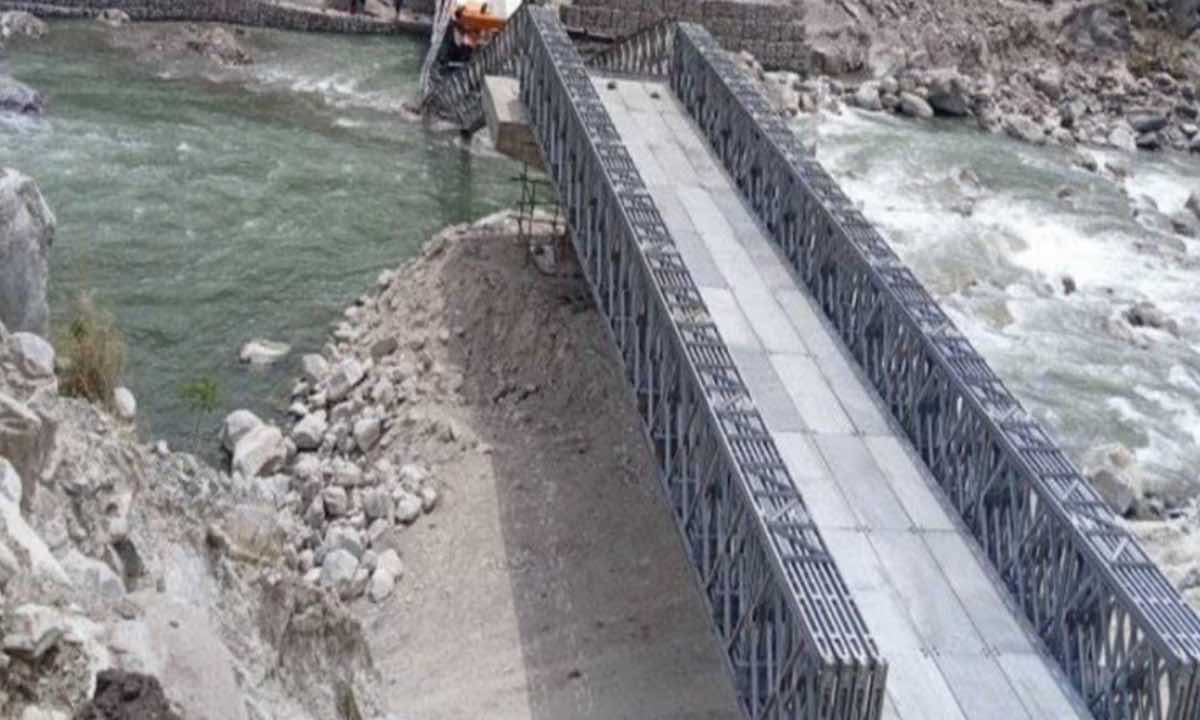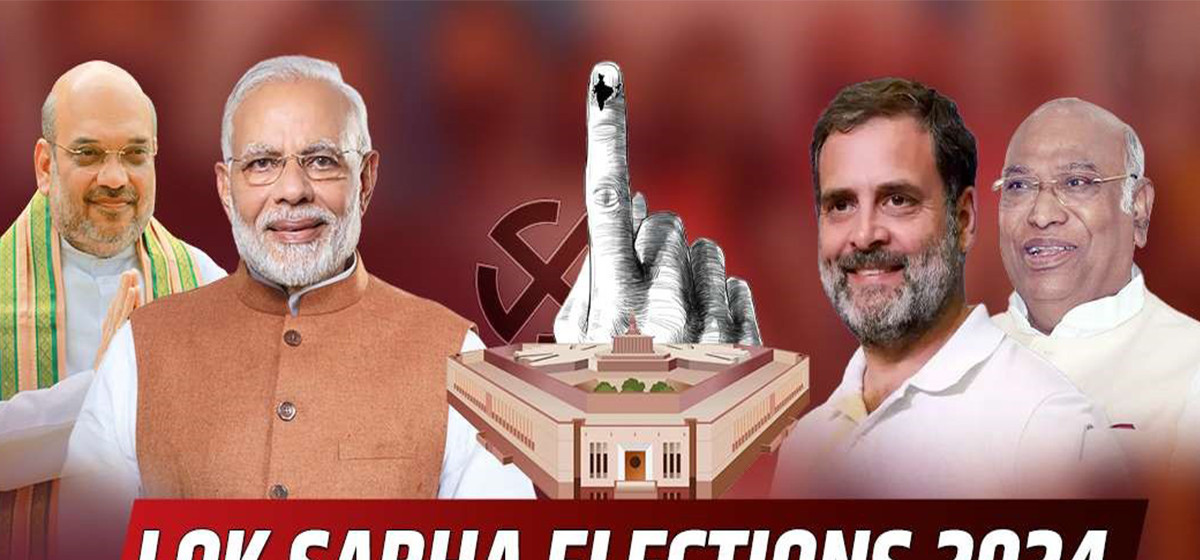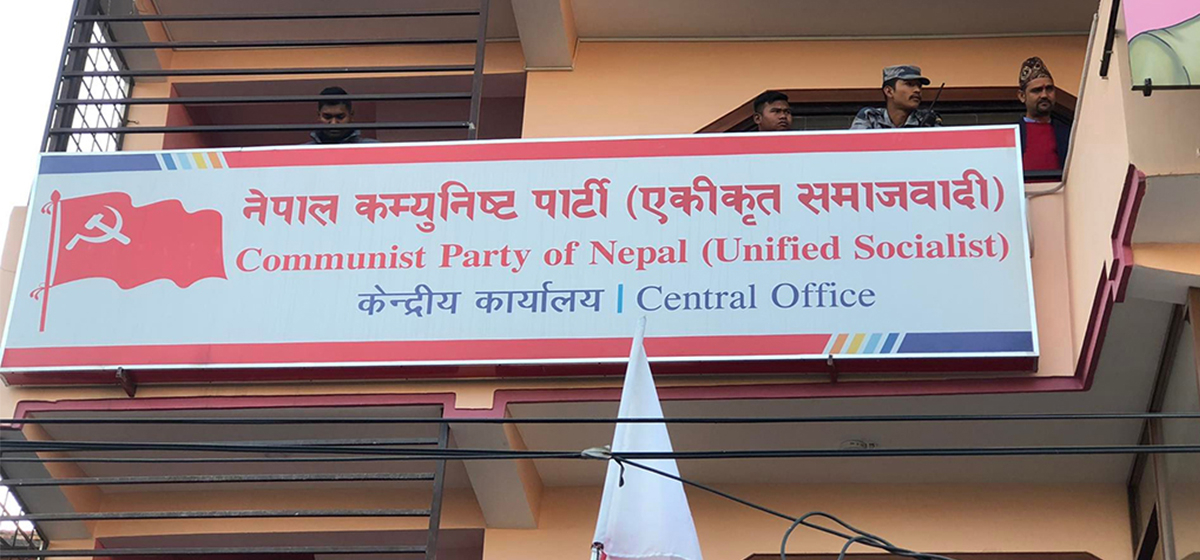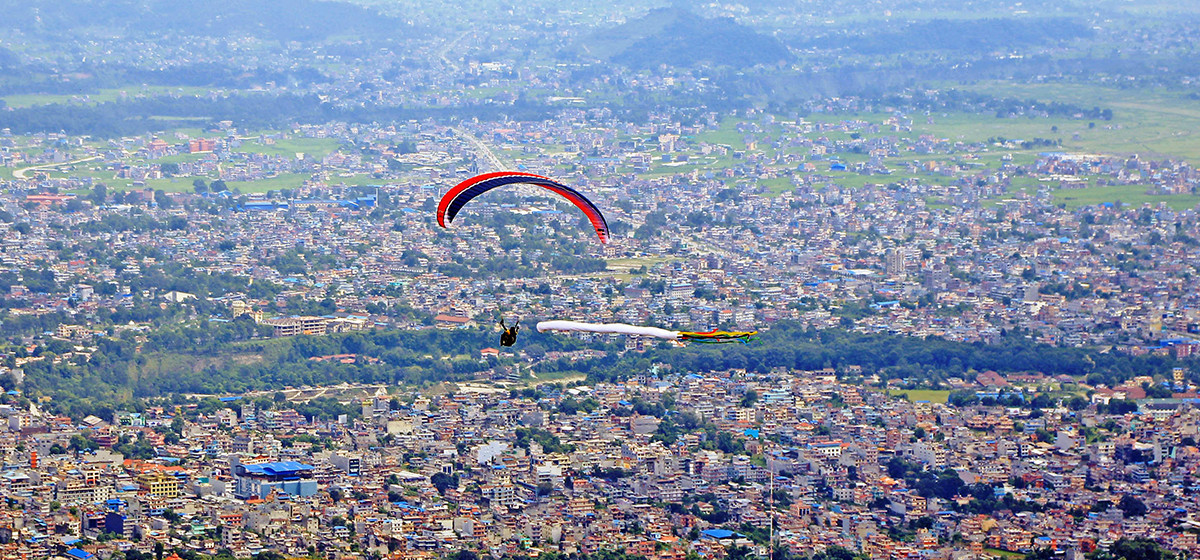
OR

Prince Harry’s recent trip to Nepal displayed Britain’s strategic acumen and diplomatic courtship at its finest
Recently, Britain deployed one of its royals, Prince Henry of Wales, to Nepal to mark the bicentennial relationship between the two old beans. The royal representative appeared incongruous in a country that had just abolished its monarchy and turned into a rowdy republic. All the incongruities, however, were outclassed by the young royal who made such a searing impression that some even hailed him as Harry the Humble.
Prince Harry’s trip to Nepal was a masterstroke. It displayed Britain’s strategic acumen and diplomatic courtship at its finest as it killed two birds with one stone. Prince Harry’s racy escapades at home and abroad had embroiled him in numerous controversies. This trip provided him a remarkable opportunity to shed his image of being a racy royal and have it replaced with a humble and benevolent prince assisting the needy in Nepal. His humility won him near universal plaudits. His visit also helped salvage a fraying friendship to some extent as the bilateral relations had suffered some setbacks recently.
Dodo DFID
Nepal’s largest donor, Britain’s aid agency—DFID (UKAID)—has courted a string of controversies. Post 2006, DFID attempted to invest in a major security sector reform initiative in Nepal. It was allegedly rejected following Nepal Army’s (NA) reservations. Reportedly, the reservations stemmed from the entrenched perceptions within NA that DFID had abetted the then insurgents through various means. Nepal Police officials also held a serious grudge after DFID abruptly abandoned an infrastructure project that had left the building roofless. A major police modernization project was awarded to a contractor but was later rescinded after a controversy.
Before it was finally awarded, however, the Inspector General of Police had shelved the project for several months citing how the project disproportionately benefitted external consultants. The earmarked amount was later surreptitiously awarded to untested grantees and is still tottering. DFID also received a lot of flak for its support for Nepal Federation of Indigenous Nationalities (NEFIN) and later was at loggerheads with NEFIN after halting its support. Its decision to award a project in Nepal to a firm that had been charged with corporate espionage in India also caused an outrage.
Lama lassoed
An unprecedented diplomatic row erupted between the two countries after a Nepal Army Colonel serving at a peace keeping mission was arrested while visiting his family in Britain. Invoking the UN convention on torture, Colonel Kumar Lama was charged with torturing individuals during the Maoist insurgency. Nepal demanded the release of Colonel Lama, but Britain refused.
While Britain arrested a Rwandan General on a warrant issued by Spain on charges of crimes of terrorism in 2015, it was compelled to release him following African Union’s immediate and unconditional release demand. Colonel Lama, however, still languishes in detention three years after his arrest, awaiting trial.
Curtailed Chinooks
Following the 2015 earthquake, Britain had offered to send three RAF Chinook helicopters to assist relief efforts. While similar America-sent V22 Ospreys joined the relief efforts, Nepal adamantly refused the offer. Chinooks were proven aircrafts and would have undoubtedly been a propitious addition to the aircraft lineup given its ability to haul greater payloads and Nepal’s air power deficiency.
Nepal’s rejection not only caused a huge embarrassment to Britain but it blaringly accentuated the strained relations. While interpretations about the refusal ran amok, the main reason was reportedly Britain’s dogged insistence to use these military aircrafts—flown by military personnel but directly for DFID—outside the parameters of the Multi National Military Coordination Center.
This was reportedly unacceptable to the Nepali side as all other international military contingents, including the American one, had abided by Nepali requisites. More importantly, certain DFID officials’ skewed perception that NA would be biased in relief distribution had reportedly infuriated the then Chief of Army Staff. He apparently persuaded the then Prime Minister Sushil Koirala into rejecting the Chinooks, despite direct calls from British Prime Minister David Cameron.
Andy’s article
The former British envoy to Nepal Andy Sparkes sparked another controversy with his op-ed in Republica which exhorted Nepali lawmakers to ensure a provision in the impending constitution that guaranteed the right to convert religion. While the government took his remarks as interventionist and labeled it an infringement of national sovereignty, the Hindu groups equated it as a sinister ploy of western powers to expansively proselytize the Nepali populace. The British Embassy and the envoy profusely denied the allegations, saying that the intention was to reiterate a fundamental individual right, set out in Article 18 of the UN Universal Declaration of Human Rights.
The clarifications, however, did little to allay the flared tempers. This incident only served to reinforce the notion amongst certain Hindu constituencies that Britain was complicit in fanning proselytization in Nepal. Reportedly, the envoy was ultimately unceremoniously ousted to avoid further backlash.
These episodes are not aberrations. They actually represent the rut that is currently bedeviling Nepal-Britain relations. Despite Prince Harry’s visit and the British largesse, the relationship remains marred by deep distrust. However, Prince Harry’s subtle wooing mission illustrated how a modicum of humility and contextual sensitivity can earn a mound of goodwill and influence in Nepal.
A former British envoy to Nepal had asked this scribe during a briefing at the Whitehall about ways to mark the UK-Nepal bicentennial relationship. The scribe had pointed at two issues. First, the nationals of the only foreign country that has bled for the Union Jack for more than a hundred years are levied an exorbitant visa fee while transiting through British airports. Second, British visa applications are sent to New Delhi, instead of being given passports in Nepal, leaving Nepalis passport-less for weeks. Breaking such barriers would have been more sensible celebration than having the Sultan of Brunei in London as the special guest to mark our bicentennial bonhomie.
The author is a security and defense analyst
You May Like This

NC-Maoist bonhomie fading?
KATHMANDU, August 29: The ruling Nepali Congress (NC) and its key ally in government, the CPN (Maoist Center), are said to... Read More...
Just In
- Sindhupalchowk bus accident update: The dead identified, injured undergoing treatment
- Construction of bailey bridge over Bheri river along Bheri corridor reaches final stage
- Taylor Swift releases ‘The Tortured Poets Department’
- India starts voting in the world’s largest election as Modi seeks a third term as prime minister
- EC seeks cooperation for free and fair by-election
- Bus carrying wedding procession attendees meets with accident in Sindhupalchowk; three killed
- CPN (Unified Socialist) to hold its Central Committee meeting on May 10-11
- Over 16,000 paragliding flights conducted in one year in Pokhara




















Leave A Comment